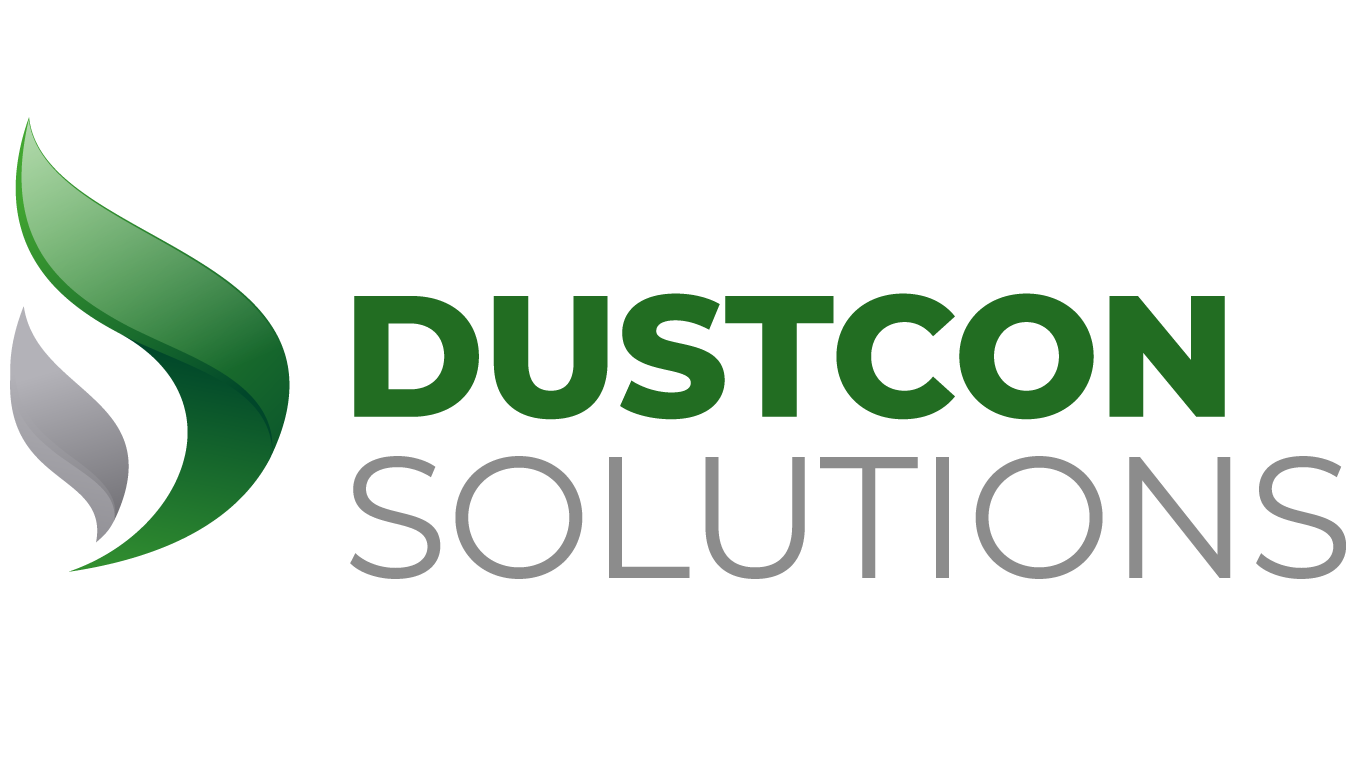Your Dust Hazards Analysis Requires an Update
North America witnessed multiple dust explosions across various facilities in 2015. In the aftermath, a new standard was drafted and implemented by the National Fire Protection Ass
Working toward Knowledge, Skills, and Abilities Surrounding Process Safety
In any organization, it is imperative to possess appropriate skills, experience, and knowledge to ensure robust process safety. The staff of an organization is primarily responsibl
What is a Dust Hazard Analysis (DHA)?
By now, it must be quite apparent to you that a Dust Hazard Analysis is required as per NFPA 652 and the reasons behind this mandate. This blog will delve deeper into the topic and
US and its Recent Fires
March 2023 has witnessed a host of fires and explosions across industries and it is crucial to talk about it. It is necessary for combustible materials to be present for fires
The Challenges of Handling Powders and Bulk Solids
Although when thinking of food and beverage processing, people often don’t consider bulk solids and powders, they form the foundation for a host of food-based products, including
Save Money and Mitigate Risks by Decreasing Your Areas Classified as Hazardous
You may already have several existing Classified Hazardous Areas within your facility, which may increase if you decide to establish a new facility or expand your old one. Regardle
Risk Normalization Leads to Explosions
Dust explosions do not occur very often in processing companies. There are a few cases where a dust explosion has affected organizations but typically, they are perceived as issues
NFPA Compliance Undergoes Major Changes
The National Fire Prevention Association (NFPA) has outlined a dust collection system design that must be adhered to by facilities that collect combustible dust. Overall, six such
Important Facets of NFPA 652
In the plastic industry, there are abundant powders that can transform into dust clouds that are explosive in nature, when they disperse in air. Some of these powders are resins, m
Challenges Associated With Processing Bulk Solids and Powders
There are several reasons why it is particularly difficult to handle bulk solids and powders in facilities that process food or beverages. In addition to the unique equipment req






















